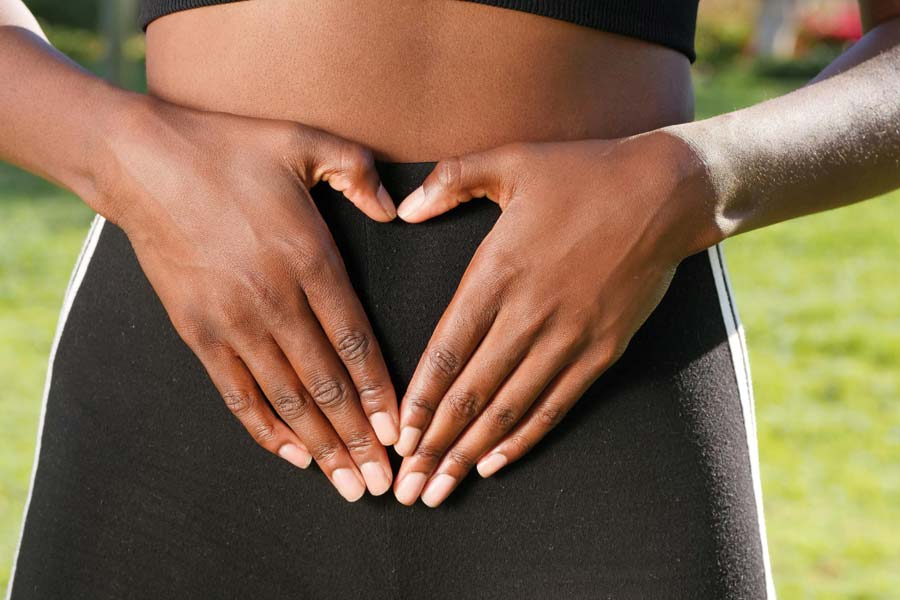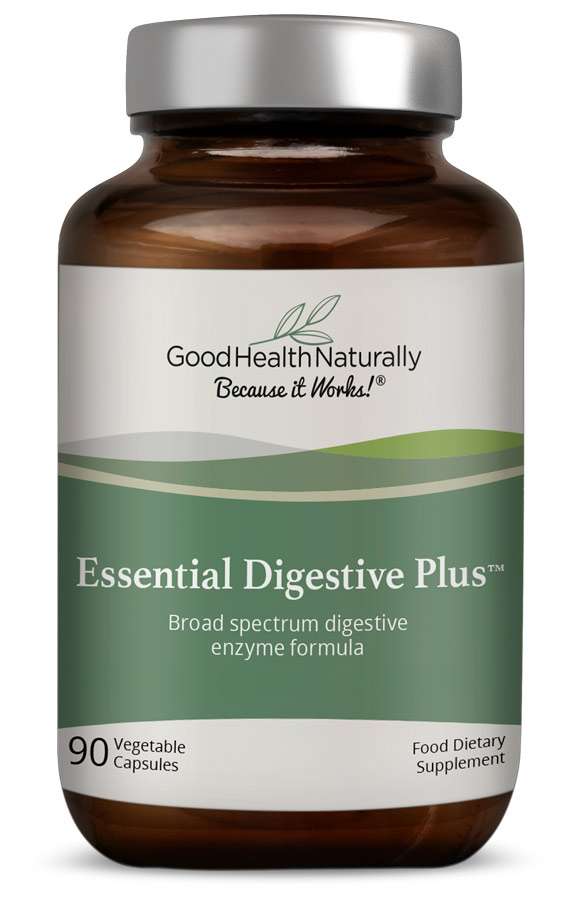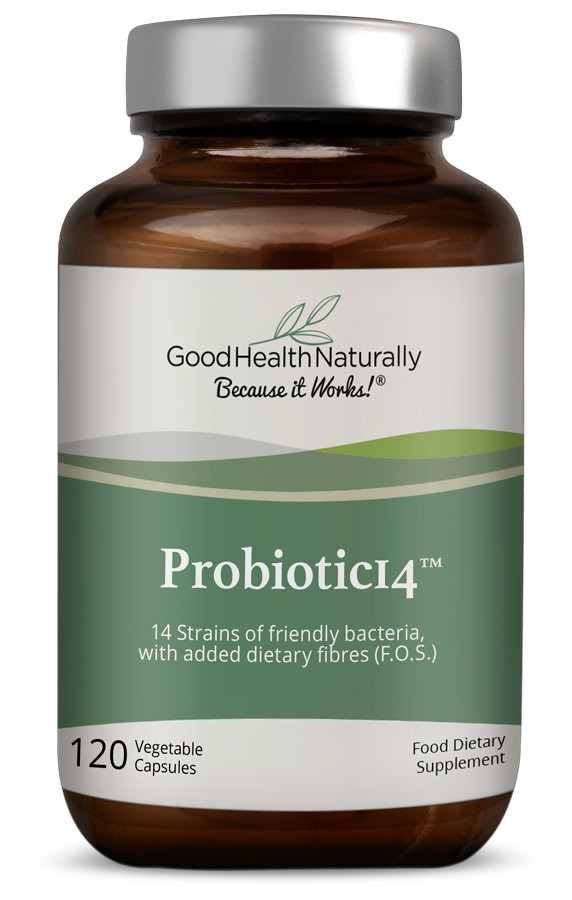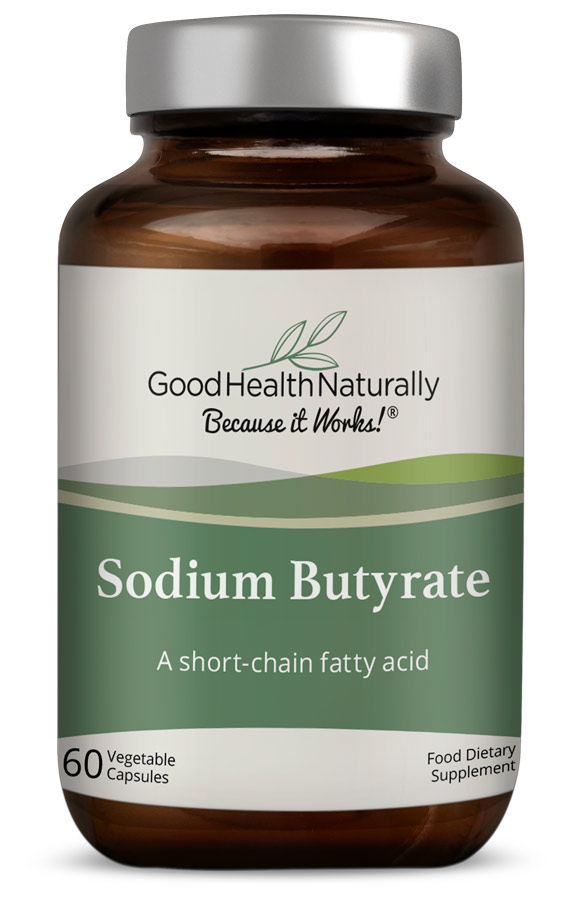What Is Constipation?
The clinical definition of constipation is having fewer than three bowel movements per week. It can also include passing hard, pellet-like stools, straining, or the frustrating sensation that you didn’t finish, even after you’ve gone.
There are two main types of constipation. The first involves a slow-moving digestive system, where the contents don’t travel through the colon as quickly as they should. This is where laxatives are often prescribed to stimulate movement. However, while laxatives can improve the frequency of bowel movements, they don’t always resolve symptoms like bloating, which can continue to linger. Often, a more effective and long-term solution is to address diet and lifestyle.
The second type of constipation occurs nearer the end of the digestive tract and usually involves difficulty passing stool due to pelvic muscle dysfunction. This kind of issue may require evaluation and treatment by a medical professional.
Natural Ways to Relieve Constipation
Hydration and Constipation Relief
One of the easiest and most overlooked solutions for constipation is ensuring you are properly hydrated. Water plays a crucial role in softening stools, making them easier to pass. Dehydration can quickly lead to dry, compacted waste, which the body struggles to move.
Try starting your day with a glass of water and continue sipping throughout the day, especially between meals. Herbal teas such as peppermint or ginger can also support digestion and ease discomfort. Making this simple habit a daily priority can lead to significant improvements in gut function.
Fibre-Rich Foods for Constipation Relief
Fibre is essential for healthy digestion, and increasing your intake can be an effective way to combat constipation. There are two types of fibre which work in different ways. Soluble fibre, found in foods like oats, lentils, flaxseeds and chia seeds, absorbs water and forms a gel-like substance which softens stools, making them easier to pass. Insoluble fibre, found in whole grains, wheat bran and most vegetables, adds bulk to the stool and helps speed up its movement through the intestines. For best results, always increase fibre gradually and pair it with plenty of water.
Can Kiwi Help with Constipation?
While prunes and psyllium husks are popular go-tos for constipation relief, a recent study suggested kiwifruit might be just as effective and even more pleasant to consume. A paper published in the American Journal of Gastroenterology found that kiwi not only improved bowel movement frequency but also caused fewer side effects, such as bloating. Participants even reported that it tasted better than the traditional remedies.
Therefore, if you are looking for a natural and tasty fix, kiwi could be a great choice.
Probiotics and Gut Health
A healthy gut relies on a balance of good bacteria to function well. Including probiotic-rich foods like yoghurt, kefir, sauerkraut, and kimchi in your diet can help restore the balance and promote regular bowel movements. These foods support the microbiome, the community of microbes living in your gut.
Some studies have shown probiotics can improve constipation by increasing colonic transit time and may increase the frequency of bowel movements. One study suggested that supplementing with probiotic strains, such as Bifidobacterium longum, improved constipation symptoms by up to 40 percent in older adults.
The Role of Butyrate
Another powerful player in digestive health is butyrate, a short-chain fatty acid produced when your gut bacteria break down fibre. This compound is the primary fuel source for the cells lining your intestines. Without it, these cells can’t properly absorb nutrients or defend the body against harmful microbes.
Butyrate may also help regulate bowel movements by supporting microbiome health and intestinal function. You get small amounts from foods like butter and plant oils, but your gut produces it most efficiently from a fibre-rich diet.
Digestive Enzymes and Regularity
Sometimes, constipation isn’t about slow transit; it’s about incomplete digestion. If your body struggles to break down certain foods, especially fats or proteins, it may lead to sluggish transit and discomfort. Supplementing with digestive enzymes before meals may help enhance digestive efficiency, which can indirectly improve regularity.
Stress and Digestion
Your gut and brain are closely connected, and stress can have a major impact on digestion. Chronic stress puts your body in a constant state of alert, which diverts energy away from the digestive system and can slow down motility. This disruption can lead to constipation and other gastrointestinal issues, like IBS.
Finding effective ways to relax is essential. Mindfulness practices, yoga, Tai Chi, meditation, or even just deep, intentional breathing can reduce stress hormones and help reset your gut’s rhythm.
Daily Habits for Regular Bowel Movements
Your body thrives on routine. Just like sleep and hunger cues, digestion can benefit from predictable timing. Train your body by setting aside a regular time each day to have a bowel movement, preferably first thing in the morning, or after meals, when your digestive system is naturally more active. This regularity can improve motility and signal to your body that it’s time to go.
Exercise and Gut Function
Physical activity is another simple way to stimulate your digestive system. Exercise encourages intestinal contractions and helps move waste along. You don’t need an intense workout, but aiming for 30 minutes of walking, cycling, or light jogging most days of the week can help improve gut function and alleviate constipation.
When to Seek Medical Advice
If you’ve made changes to your diet and lifestyle, but constipation still persists, it might be time to talk to your doctor. If accompanied by persistent abdominal pain, rectal bleeding or unexplained weight loss, always consult a health professional. Constipation can sometimes be a symptom of an underlying health condition that needs medical attention.
Final Thoughts on Natural Constipation Relief
Constipation might be common, but that doesn’t mean you have to accept it as normal. Your gut is an incredibly responsive system, and often, all it needs is the right support. From staying hydrated to nourishing your microbiome, small, sustainable changes can make a big difference. With the right habits, you can help your gut naturally get back into a healthy, comfortable rhythm.
https://www.kcl.ac.uk/news/research-redefines-constipation
http://loveyourgut.com/resources/love-your-gut-report-2018.pdf
https://www.ncbi.nlm.nih.gov/pmc/articles/PMC6192438/
https://pubmed.ncbi.nlm.nih.gov/34074830/
https://www.clinicaleducation.org/resources/reviews/butyrate-improves-bowel-transit/
https://www.ncbi.nlm.nih.gov/pmc/articles/PMC8942000/







